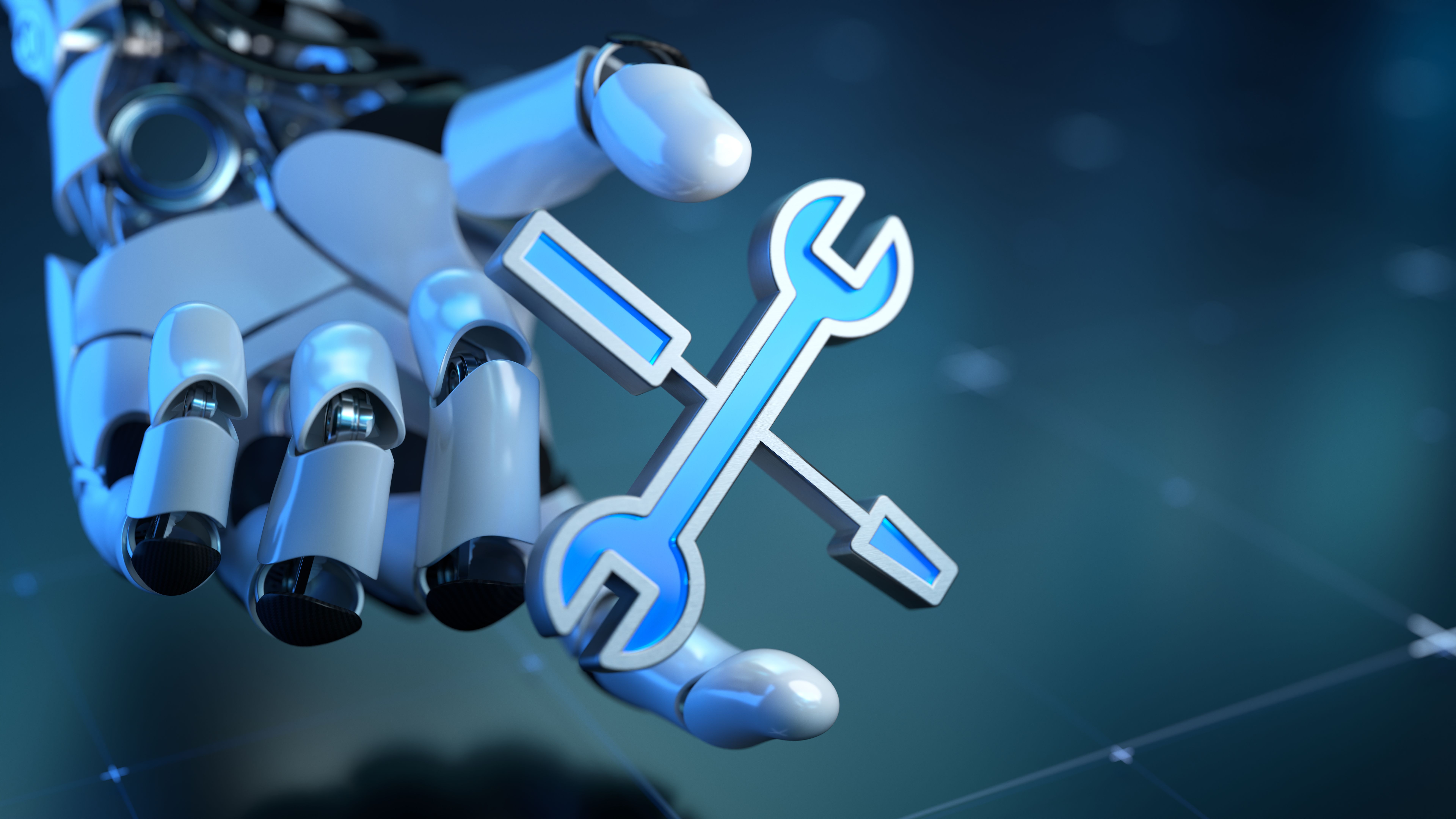AI Integration Made Simple: Empowering Non-Technical Teams
Understanding the Basics of AI Integration
Artificial Intelligence (AI) has rapidly become a cornerstone of innovation across various industries. However, the thought of integrating AI into existing workflows can be daunting, especially for non-technical teams. The good news is that AI integration can be much simpler than it appears. By focusing on user-friendly platforms and straightforward processes, businesses can empower their teams to harness the power of AI without needing deep technical expertise.
Non-technical teams can start by familiarizing themselves with basic AI concepts and terminology. Understanding what AI can and cannot do is crucial for setting realistic expectations and objectives. It's important to note that AI is not a one-size-fits-all solution but can be tailored to address specific business needs.

Choosing the Right Tools
The first step in simplifying AI integration is choosing the right tools. There are numerous platforms available that cater to different levels of technical proficiency. For non-technical teams, it's essential to select platforms that offer intuitive interfaces and comprehensive support. These platforms often come with drag-and-drop features, pre-built models, and easy-to-follow tutorials that facilitate a smoother integration process.
Additionally, many tools provide automation capabilities that allow teams to automate repetitive tasks and focus on more strategic activities. By leveraging these user-friendly tools, non-technical teams can integrate AI solutions seamlessly into their day-to-day operations.
Considerations for Selecting AI Platforms
When selecting an AI platform, consider factors such as ease of use, scalability, and support services. Opting for a platform with robust customer support and a vibrant community can make a significant difference in overcoming integration challenges. It's also beneficial to choose a solution that can scale with your business as your AI needs evolve.

Training and Education
Empowering non-technical teams with the knowledge they need is crucial for successful AI integration. Providing training sessions and workshops can demystify AI and build confidence among team members. These educational initiatives should cover the basics of AI, potential applications, and hands-on practice with selected tools.
Furthermore, consider creating a knowledge-sharing environment where team members can share insights, tips, and best practices. This collaborative approach not only enhances learning but also fosters a culture of innovation within the organization.
Encouraging Continuous Learning
AI is a rapidly evolving field, and continuous learning is key to staying ahead. Encourage team members to engage in online courses, webinars, and industry events to keep their skills up-to-date. Investing in ongoing education ensures that your team remains adaptable and ready to leverage new AI advancements.

Measuring Success
As with any new initiative, measuring success is vital to understanding the impact of AI integration. Establish clear metrics and objectives from the outset, such as improved efficiency, cost savings, or enhanced customer satisfaction. Regularly reviewing these metrics will help identify areas for improvement and celebrate successes.
Feedback from team members is equally important. Encourage open communication about their experiences with the AI tools and integration process. Their insights can provide valuable input for refining strategies and enhancing overall effectiveness.
Adapting and Evolving
The journey of AI integration doesn't end with implementation. As your team becomes more comfortable with AI tools, there may be opportunities to expand their usage or explore more advanced applications. Stay open to experimentation and be willing to adapt your approach as needed.
In conclusion, while AI integration may seem complex at first glance, it is entirely achievable for non-technical teams with the right approach and resources. By focusing on user-friendly tools, comprehensive training, and ongoing evaluation, businesses can empower their teams to harness the transformative power of AI effectively.